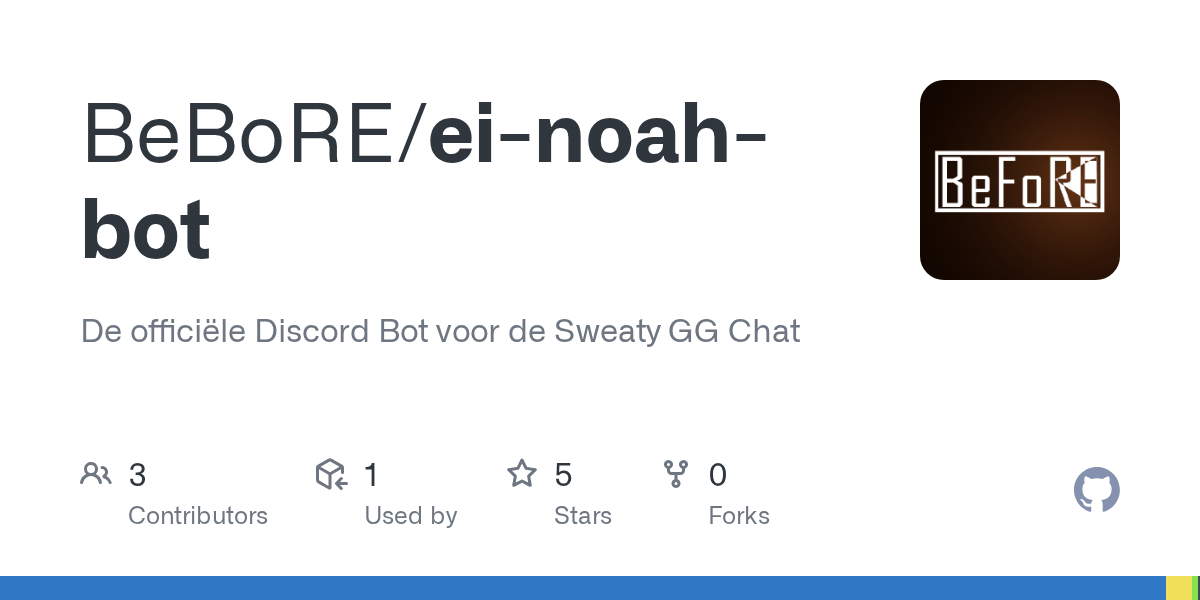Problem using EventEmitters [Weird behavior]
I'm trying to implement a simple notification in a webapp, I can't make it work with EventEmmiters
Looks like its connected but when I do something like emit an event
It simply doesnt work.
It does nothing, and it's like my emmiter
has 0 clients. (But the subscription is still connected according to the logger)
Looks like its connected but when I do something like emit an event
It simply doesnt work.
It does nothing, and it's like my emmiter
has 0 clients. (But the subscription is still connected according to the logger)
Solution
I use redis for my project https://github.com/bebore/ei-noah-bot but that's quite complex, I recommend just following the redis package docs. It's not much different from the event emitter other than that you need to (de)serialize the input and output.
GitHub
De officiële Discord Bot voor de Sweaty GG Chat. Contribute to BeBoRE/ei-noah-bot development by creating an account on GitHub.
